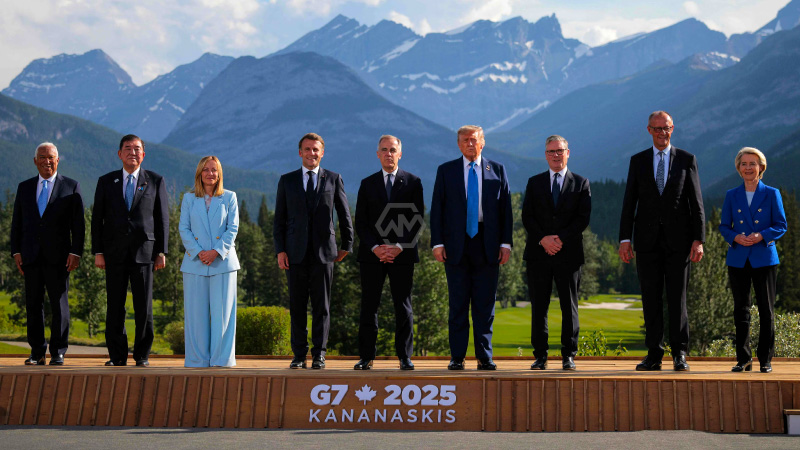- Canada hosts the 51st G7 Summit in Kananaskis amid global political tensions.
- G7, formed in 1973, brings together major economies for policy coordination.
- Key discussions included Middle East conflicts and Russia’s continued exclusion.
The 2025 G7 Summit, held in the scenic locale of Kananaskis, Alberta, marks a pivotal moment for the 51-year-old forum as world leaders confront a rapidly shifting geopolitical climate.
Equally important was the renewed discussion around Russia’s exclusion from the group. Though once part of the G8, Russia was suspended in 2014 following its annexation of Crimea.
From Crisis to Consensus: Inside the 2025 G7 Summit in Canada
The G7 was originally conceived in the 1970s as a space for the world’s largest industrial democracies to align on pressing economic and financial issues. Born out of disruptions like the Nixon Shock and oil crises, the group has evolved into a broader policy forum addressing everything from technology and health to security and the environment.
Canada’s hosting of the 2025 summit came at a time of significant global unease. The Middle East conflict dominated many conversations, with leaders weighing coordinated responses amid rising humanitarian concerns and shifting allegiances. Prime Minister Mark Carney emphasized Canada’s role as a mediator and consensus-builder.
Notably, the summit also revisited the unresolved issue of Russia’s exclusion. While Trump continued to advocate for Moscow’s return, European leaders like Emmanuel Macron and Keir Starmer opposed any move that could be seen as legitimizing aggression. The discussions reflected long-standing fractures over engagement versus isolation in dealing with authoritarian states.
Beyond security debates, climate and digital governance were on the agenda. Ursula von der Leyen pushed for faster green transition commitments, while Japan’s Shigeru Ishiba highlighted the importance of AI regulation. The diversity of issues underscored how the G7 remains relevant by adapting to new global priorities while preserving its core values of democratic governance and economic cooperation.
The 2025 G7 Summit underscored both the enduring relevance and the internal tensions of the group, as member nations seek unity in a world increasingly defined by division.
“The strength of a nation lies not in isolation, but in cooperation.”



